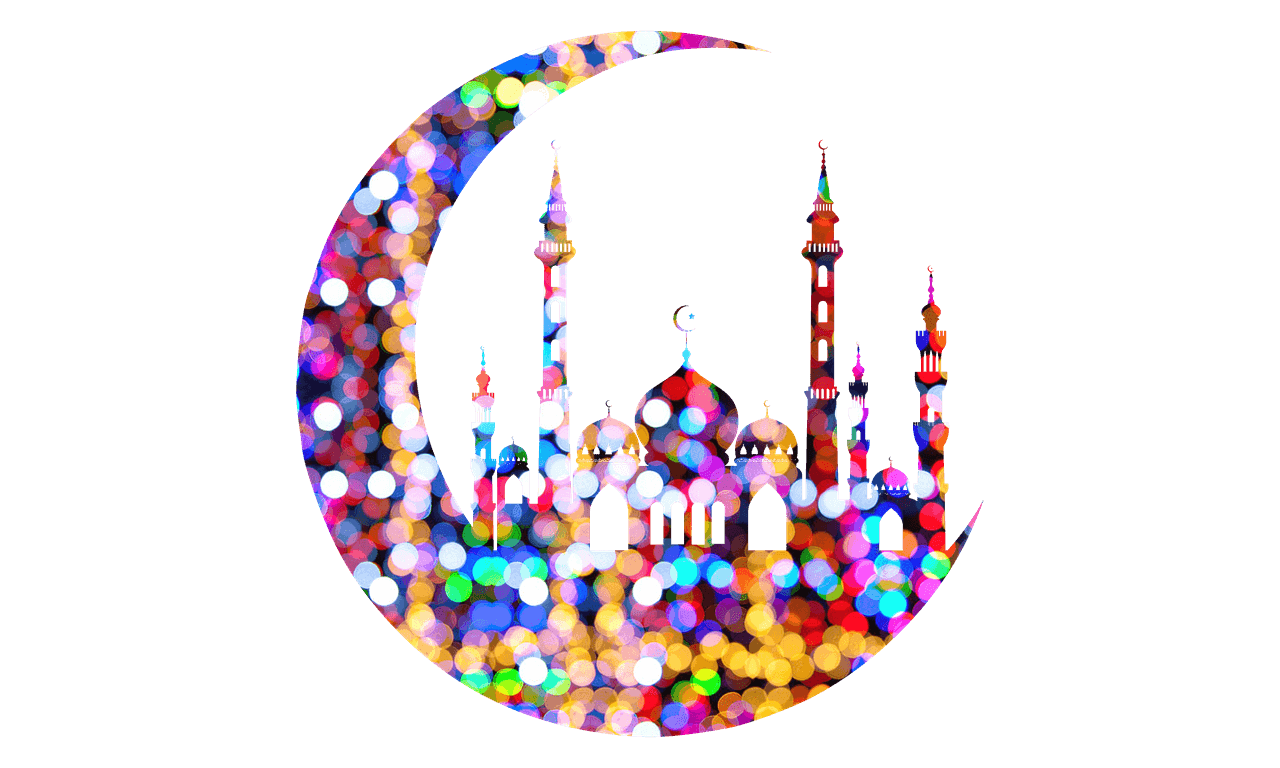Eid Al Fitr is an important Islamic holiday that concludes the holy month of Ramadan. Eid Al Fitr is celebrated by Muslims worldwide with a great sense of togetherness, gratitude, and joy. Eid Al Fitr is when Muslims unite for family, reflection, and community. Eid Al Fitr is the perfect time to give back to those in need.
This blog will explore the meaning of Eid Al Fitr, its history, and its significance. To learn more, read on.
Explanation of Eid Al Fitr
Eid Al Fitr is also known as the “Festival of Breaking the Fast,” making it a joyous time for Muslims after fasting throughout Ramadan.
Ramadan is a time of devotion, sacrifice, and spiritual reflection for Muslims. During Ramadan, Muslims abstain from eating, drinking, and other physical needs during the day, instead focusing on good deeds and prayers. Keeping this in mind, Eid Al Fitr celebrates the month-long journey and allows Muslims to celebrate their achievements with their friends, family, and even the Muslim community.
Eid Al Fitr does not fall on the same day every year and is determined based on the Islamic lunar calendar. However, Eid Al Fitr occurs on the first day of Shawwal, the tenth month of the Islamic calendar. Eid Al Fitr is announced upon sighting of the new moon, meaning its date can vary depending on the country or region.
Eid Al Fitr is one of two major Islamic festivals, and Eid Al Adha is the second. Eid Al Fitr is important for Muslims as it concludes the holy month of Ramadan, when Muslims struggle to be the best through spirituality, compassion, and giving alms.
Essentially, Eid Al Fitr is a celebration of God’s mercy and blessings for the completion of the month of Ramadan.
Brief History of Eid Al Fitr
The origins of Eid Al Fitr go back to the time of Prophet Muhammad (Peace be Upon Him). God’s final Messenger established Eid Al Fitr as an Islamic holiday for Muslims worldwide. According to Islamic tradition, Eid Al Fitr was celebrated for the first time in 624 AD, precisely after Prophet Muhammad (Peace be Upon Him) returned with his companions after successfully defeating their oppressors during the Battle of Badr.
Prophet Muhammad (Peace be Upon Him) instructed his companions and followers to break their fast on the first day of Shawwal to celebrate the end of Ramadan. God’s humble Messenger also encouraged his followers to be charitable and visit one another to strengthen their bond as one united nation. The beloved Messenger’s tradition is still followed and remains an integral part of Eid Al Fitr.
Religious, Cultural, and Social Significance
From a religious perspective, Eid Al Fitr represents the conclusion of the spiritual devotion and discipline observed during Ramadan. During this time, Muslims must reflect on their sacrifices and be gracious to God Almighty for his infinite blessings. Muslims are encouraged to visit their mosques for special prayers, participate in acts of charity, and so on.
Culturally, Eid Al Fitr marks a time for Muslims to celebrate their diverse cultural traditions and heritage. While the holiday is rooted in Islamic teachings, it is celebrated differently worldwide. Muslims from different countries and regions have unique traditions, customs, and foods, making Eid Al Fitr a diverse and vibrant global celebration. In some countries, Eid Al Fitr is celebrated for several days, with festive gatherings and colorful parades. But then, some countries have a subdued approach towards Eid Al Fitr, focusing on simple feasts and family gatherings instead.
Socially, Eid Al Fitr is a necessary time for Muslims to connect with their friends, family, and the Muslim community. Eid Al Fitr is a time to strengthen relationships, reconciliations, and forgiveness. Muslims are encouraged to visit one another and exchange gifts. This tradition reflects the importance of community and family in Islamic teachings.
If not obvious enough, Eid Al Fitr is a time for reflection, celebration, and joy. The religious holiday serves as a reminder that Muslims should remain united and compassionate while having complete faith in Allah (SWT). As Muslims celebrate Eid Al Fitr, they should reflect on the values of the holiday and determine how to use those values to build stronger communities within and beyond the Muslim world.


Benefits
Fasting, the practice of abstaining from food or drink for a certain period, has been associated with a number of benefits for physical, mental, and spiritual health. Some potential benefits of fasting include:
Weight loss: Fasting can help to reduce calorie intake, which can lead to weight loss. It can also help to increase metabolism and reduce insulin resistance.
Improved heart health: Fasting has been associated with improved blood pressure, cholesterol levels, and triglycerides, all of which are important for heart health.
Improved brain function: Some studies suggest that fasting can improve cognitive function and protect against age-related cognitive decline.
Increased longevity: Fasting has been associated with increased lifespan in some animal studies.
Improved immune function: Fasting may help to boost the immune system by reducing inflammation and increasing the production of white blood cells.
Improved insulin sensitivity: Fasting can help to reduce insulin resistance, which is a risk factor for type 2 diabetes.
Spiritual benefits: Fasting is often practiced as a form of spiritual discipline, and can help individuals to feel more connected to their faith or to a higher power.
It’s important to note that fasting is not appropriate for everyone and can be dangerous for certain groups, such as pregnant or nursing women, individuals with certain medical conditions, and those with a history of disordered eating. It’s always a good idea to consult with a healthcare provider before starting a fasting regimen.
Great
Best
Mashallah tabarakallah
It’s so informative and impressive article
Thanks you
Best
MASHALLAH
GREAT ARTICLES